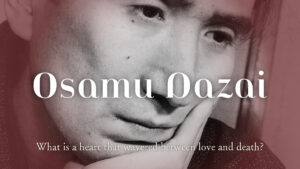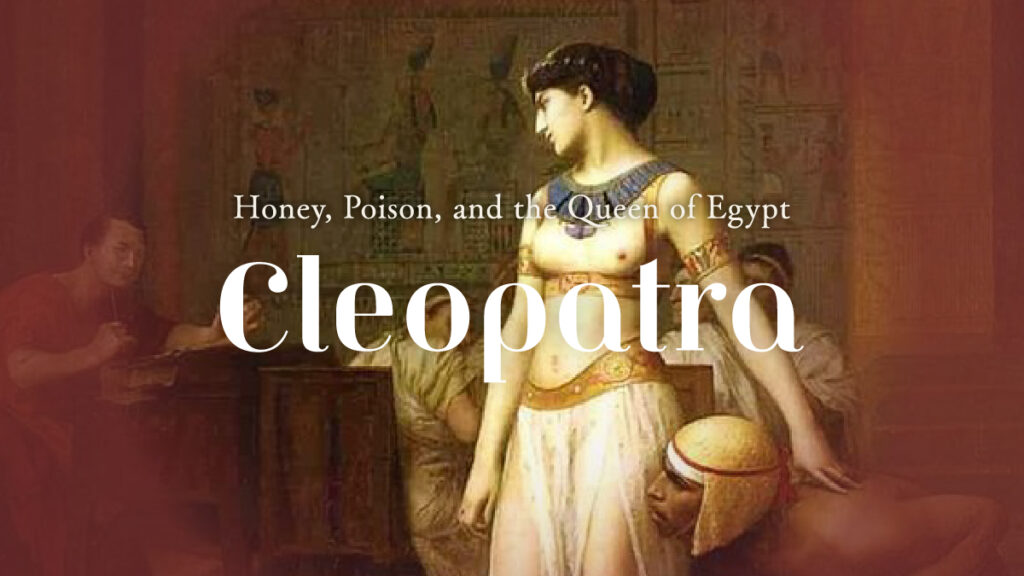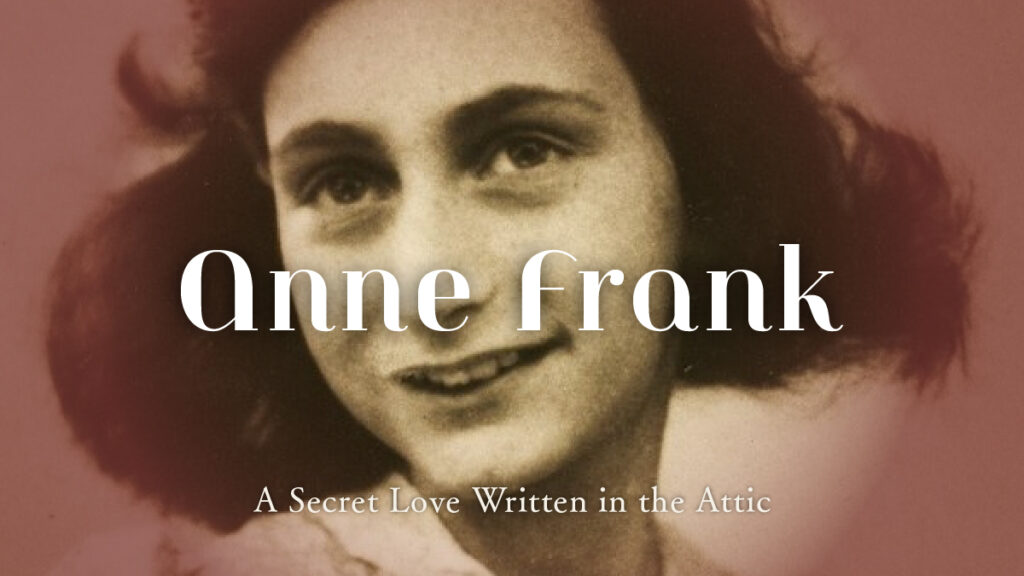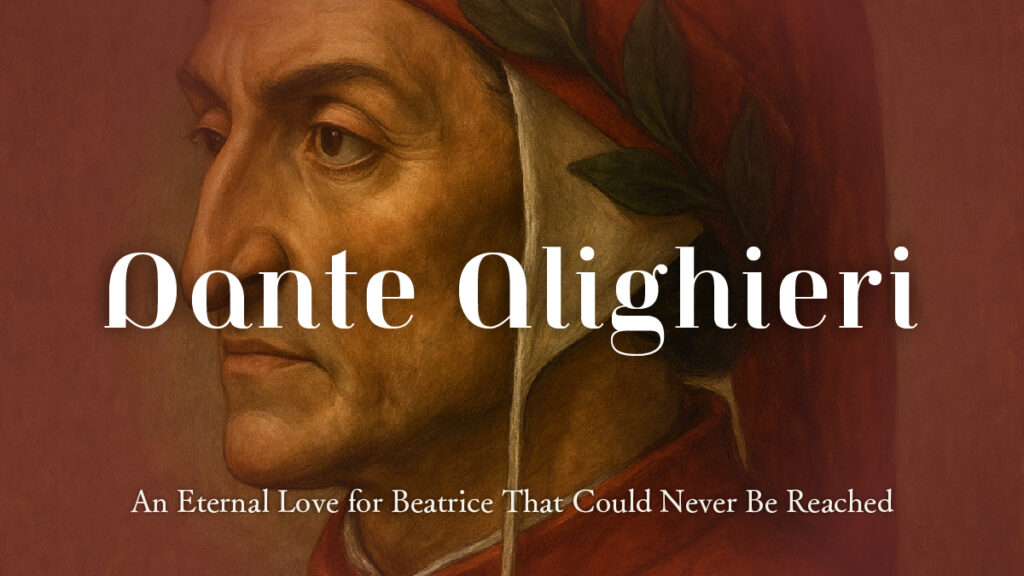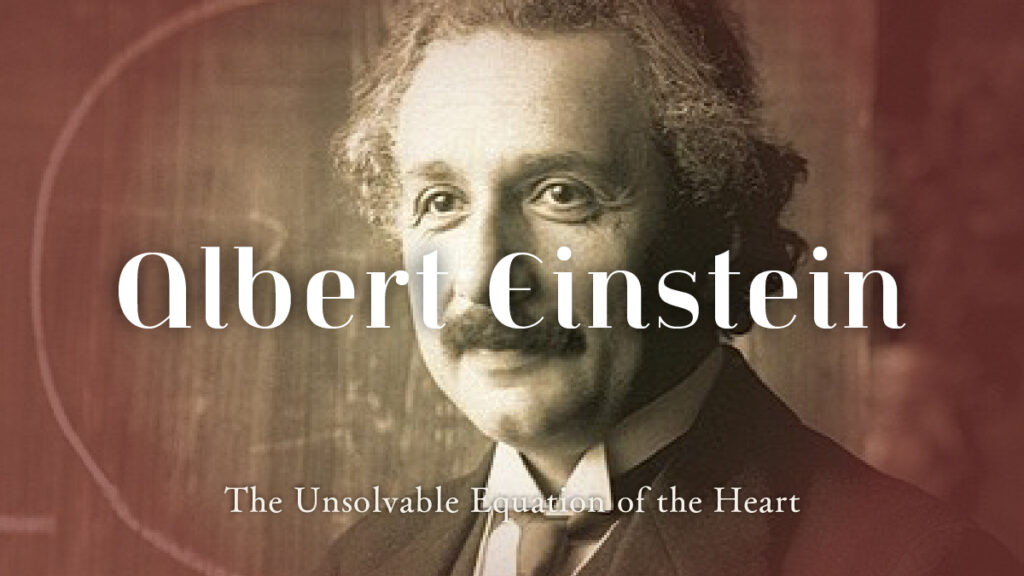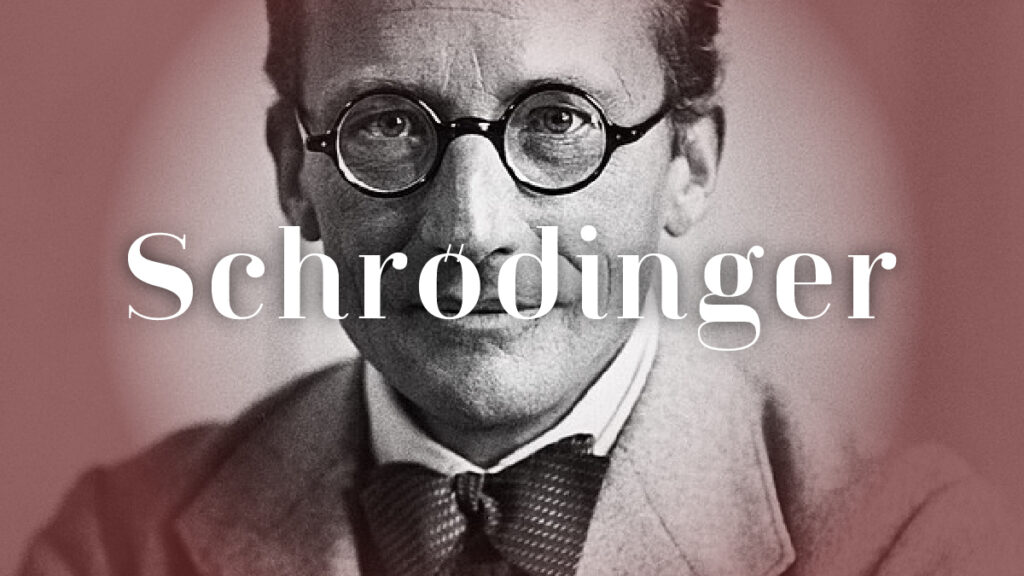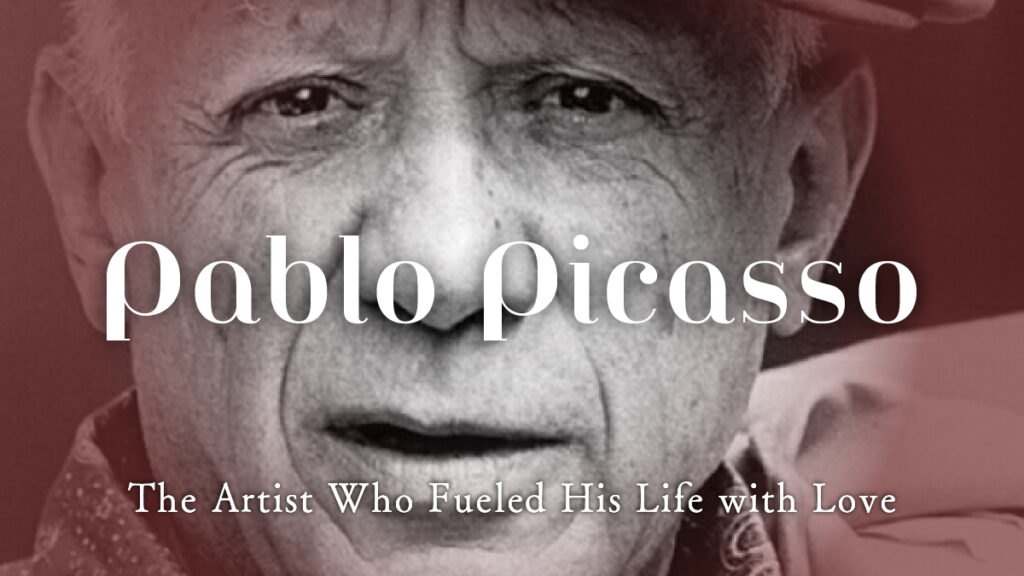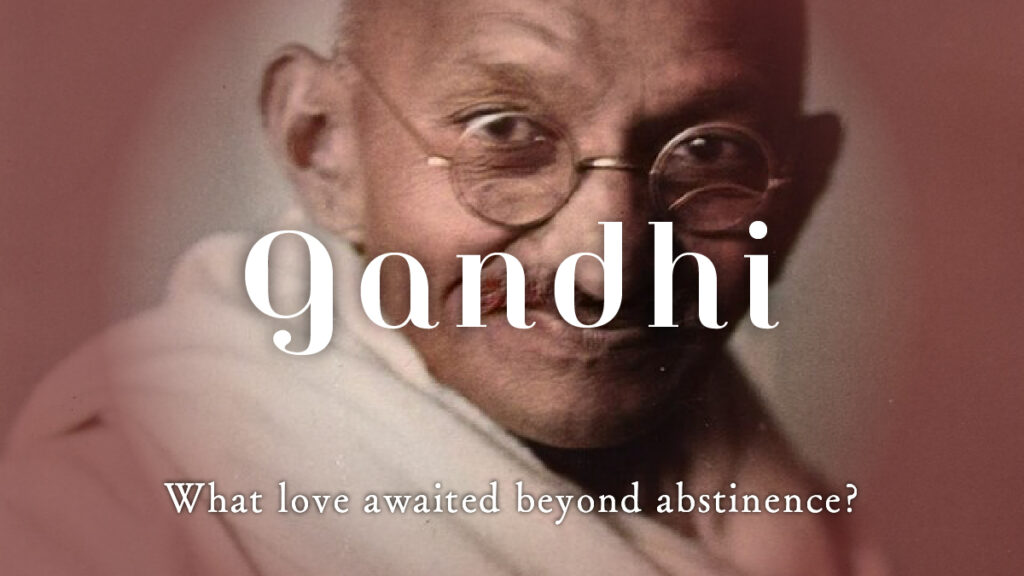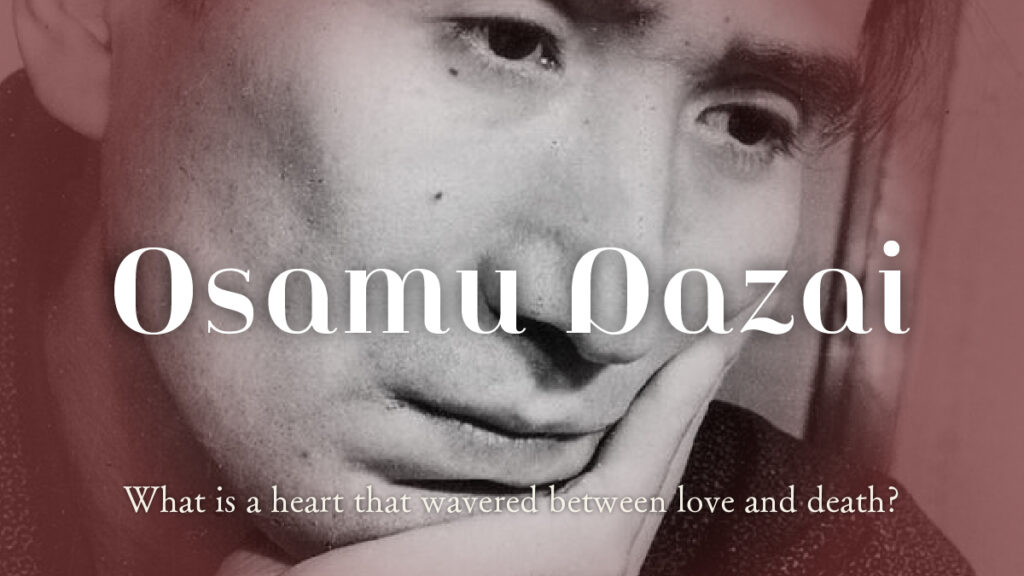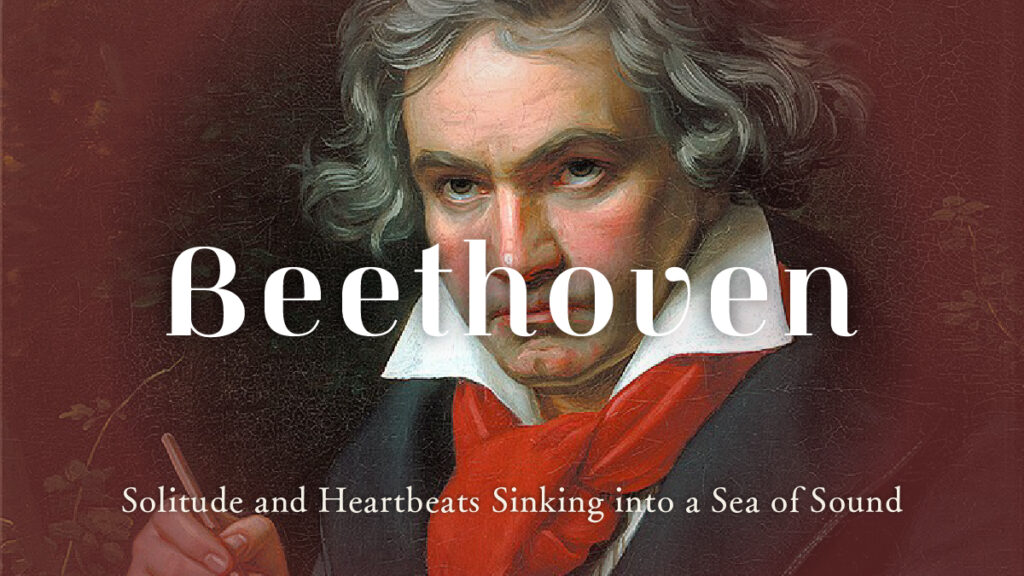Beethoven’s View of Love|What Love Did the Immortal Composer Hide Within the Ninth Symphony?
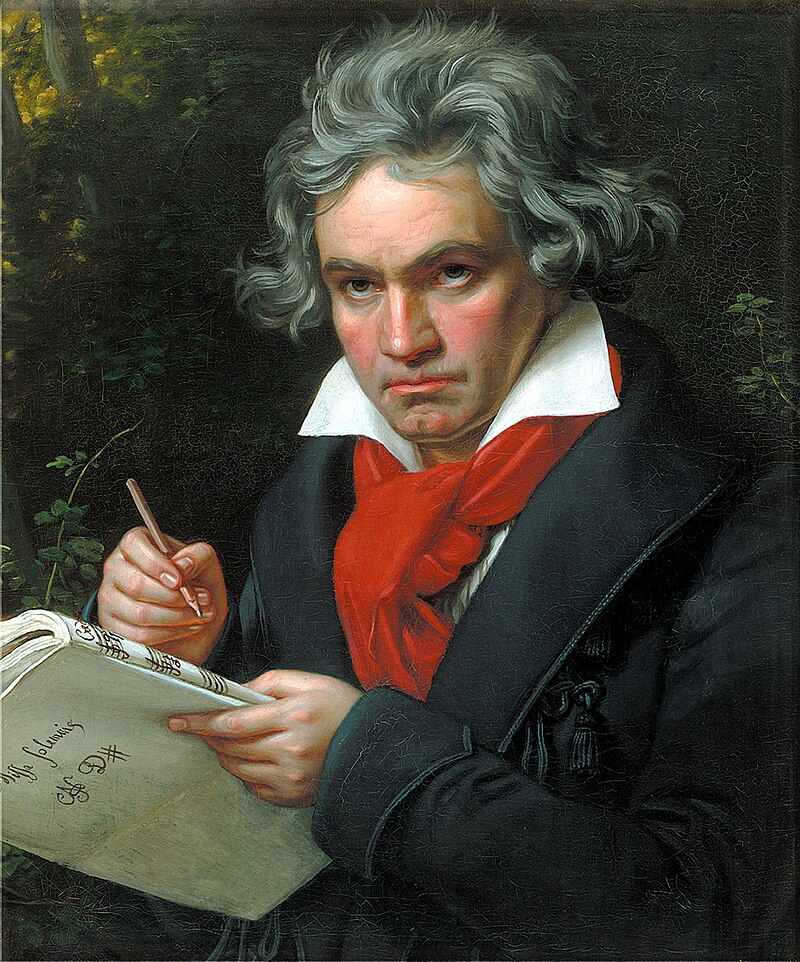
udwig van Beethoven.
A towering master of classical music, known to the world as the “Immortal Beloved of Music.”
His Symphony No. 5 “Fate” and Symphony No. 9 “Choral” continue to resound as if they were common property of all humankind. Even as deafness consumed him, he carved sound out of silence, his life becoming the very embodiment of struggle and triumph.
Yet, if we only gaze at the portrait history paints on the surface, we overlook something vital.
He was not only a composer, but a man of flesh and blood. He struggled, raged, and fell in love.
Those loves were often unfulfilled—sometimes bitter, sometimes leaving behind faintly sweet melodies.
This article seeks to focus on Beethoven’s view of love. By tracing the heartbeat of love hidden beneath his great achievements, we peer into his life through the lens of passion.
A Boy Born into Noise
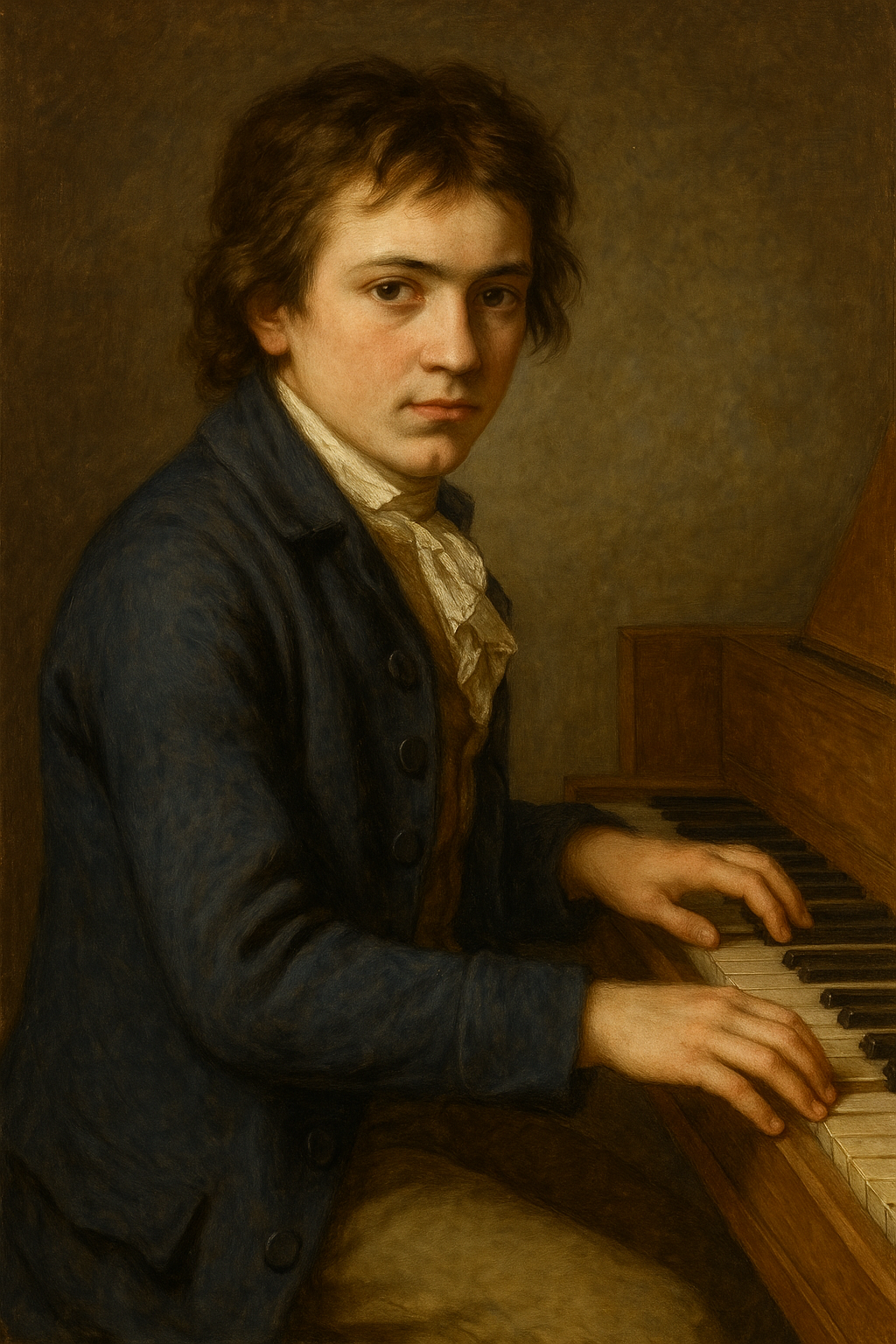
A Harsh Father, a Silent Mother
1770, Bonn, Germany.
Beethoven was born to Johann van Beethoven, a court singer, and his gentle wife, Maria.
His father, consumed by drink, forced relentless training upon his son, determined to create a “second Mozart.”
Young Beethoven was dragged from bed at midnight, made to sit before the keyboard. With eyes blurred by sleep and tears, his small fingers were forced to imitate Bach and Haydn.
His mother quietly shielded him, a fragile sanctuary for his heart.
But home, for the boy, was closer to a battlefield than a place of rest.
When he sought affection, his father answered only with curses and blows, while his mother could offer nothing more than a fleeting, fragile smile.
At Seventeen, the Melody of First Love
In his late teens, Beethoven was already gaining recognition in the small town of Bonn.
He worked as a court organist, performing at the homes of local dignitaries.
Among them, he lost his heart to Eleonore von Breuning, two years his junior.
Her family was noble and wealthy, and she was said to be intelligent and warm. Beethoven visited often, playing the piano and spending evenings in her company.
The Breunings accepted his rough edges, his blunt tongue, even his occasional outbursts of violence—seeing in him a hidden purity.
A friend later recalled, “Beethoven was kinder at heart than anyone, but utterly clumsy at showing it.” Perhaps this was why his time with Eleonore became so precious to him.
Yet social rank proved merciless. She eventually married a young man of her own class. Beethoven neither raged nor pleaded—he silently accepted the truth.
Later, he wrote to a friend:
“My heart longs for love, but love is always behind another’s door.”
Glittering Vienna, a Lonely Heart
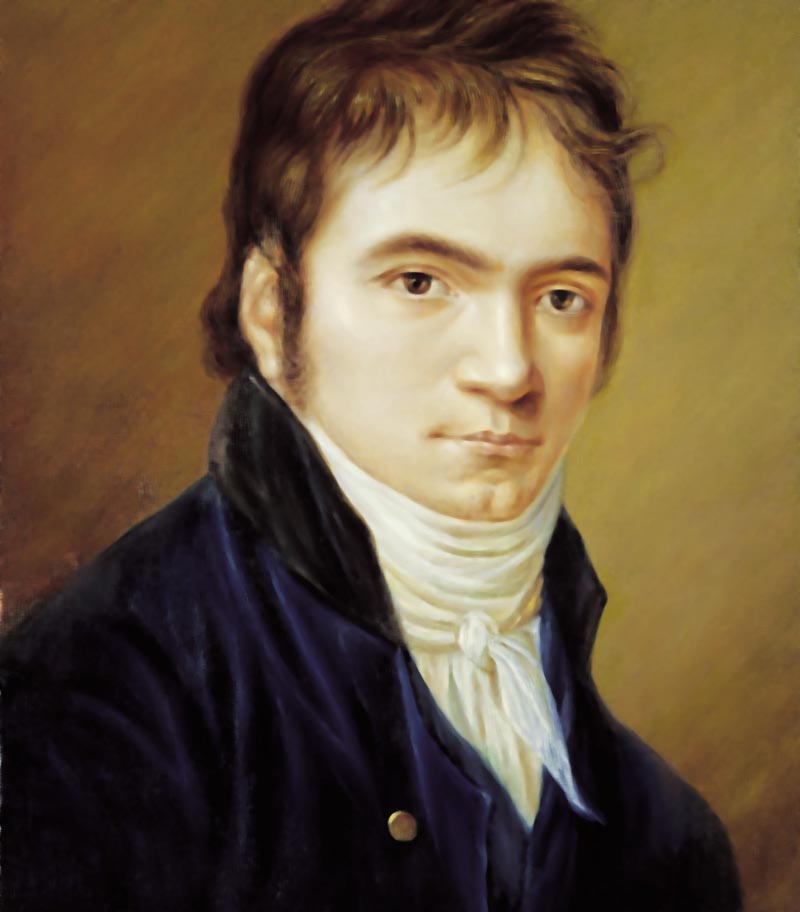
A Young Musician in the City of Music
At 22, Beethoven followed his teacher Haydn to Vienna.
It had been only a year since Mozart’s death; his shadow still loomed large. For a young musician, Vienna was the ultimate stage on which to make a name.
Beethoven played improvisations in salons, astonishing all who heard him. One listener wrote, “His improvisations were like a storm, shaking the hearts of his audience without mercy.”
At the keyboard he was like a warrior, striking so fiercely that he often damaged the fragile instruments of the day.
His bold performances and unrestrained behavior—even toward aristocrats—startled high society, yet few disliked him.
Applause, Yet a Heart Left Alone
With his wild eyes, untamed hair, awkward smile, and passionate words, Beethoven drew the gaze of many women in Vienna.
“He was no gentleman of society, but there was always a charged air around him,” wrote one countess.
Daughters of nobility were drawn to the fiery young man, but bound to keep their distance. His words were too blunt, his nature too fierce, and above all, the wall of class was unyielding.
Amid the whirl of applause, Beethoven’s heart remained stranded.
Even in youth, he felt the gulf between the love he sought and the acclaim he received.
Daughters of Nobility, Loves Unfulfilled
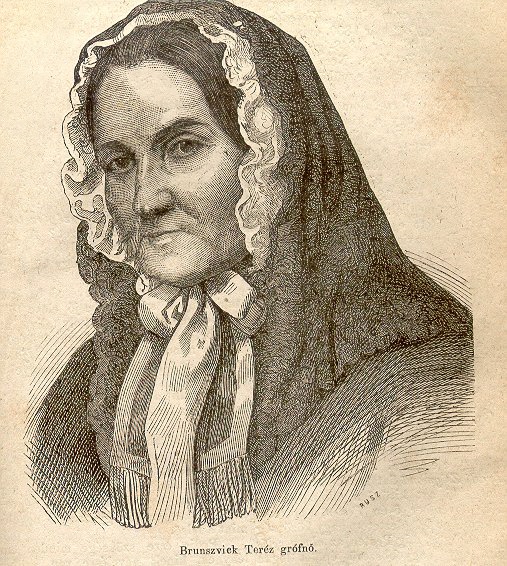
A Love Trapped in Moonlight
At 30, Beethoven met 17-year-old Countess Giulietta Guicciardi, who came to him for piano lessons. Her innocent smile pierced his heart.
He dedicated to her the Piano Sonata No. 14, later known as the “Moonlight Sonata.”
Within its three movements, listeners hear unreachable longing, fleeting happiness, and the torment of despair and jealousy interwoven.
Whether their relationship bore the name of romance remains uncertain. It may have been teacher and student, or admirer and admired—an ambiguous, beautiful distance.
What is certain is that she illuminated his life for a time.
But life was no free sonata. Giulietta married Count Robert Gallenberg, her choice shaped less by love than by the heavy rails of family duty and class.
Beethoven’s words to a friend—“I have no title, no wealth, but in heart I yield to no one”—ring not in tears, but with a dry, self-consoling tone.
It was less a cry of defeat than a farewell to love, entrusted to music as his only keepsake.
A Love Sealed in Letters
Another woman cast her shadow across his life: Therese Brunsvik, a Hungarian countess.
She was around twenty, he just past thirty. She came to him to study piano, and their bond grew beyond teacher and pupil.
In letters attributed to him, Beethoven wrote,
“What your eyes reflect is my only hope.”
Outwardly, words of encouragement; between the lines, an uncontainable affection.
Therese may have been one of the few with whom Beethoven could truly share his heart through music.
Though their love never came to fruition, her presence lingers in his words and notes.
The “Immortal Beloved” — Passion Wrapped in Mystery
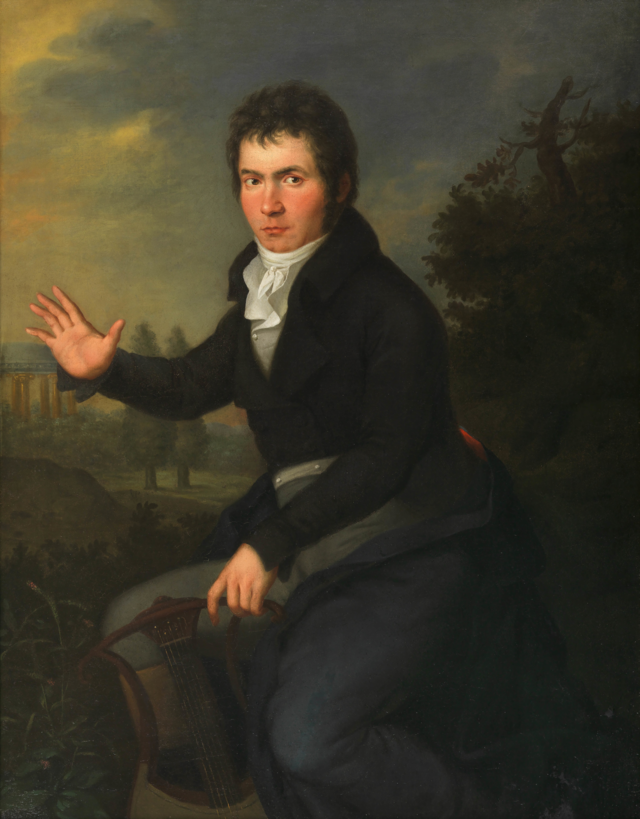
Three Letters Left Behind
In his forties, Beethoven wrote three long letters later known as The Letters to the Immortal Beloved.
Spanning dozens of pages, they begin with the fervent cry, “My everything, my one and only.” From morning until night, he pours out his passion, breathless.
Yet the same hand writes, “I cannot live without you,” and, a line later, “Have patience—we cannot meet until circumstances allow.”
His words surge like a raging river—confession, then restraint, passion, then reason.
Contradiction itself becomes the truest reflection of Beethoven the man.
His student Czerny later remarked, “In love as in composition, Beethoven wrote with passion, only to be overwhelmed by his own emotions.”
The letters were never sent. We do not know for certain to whom they were addressed.
The strongest candidate remains Josephine Brunsvik, Therese’s sister, a young widow with whom Beethoven shared a deep connection. They loved fiercely but were separated by barriers of rank and family.
Yet whether addressed to Josephine or another, the letters speak less to one woman than to Beethoven’s own solitude—an unsent confession, a love letter to himself.
Loves That Never Reached, and Music That Reaches Forever
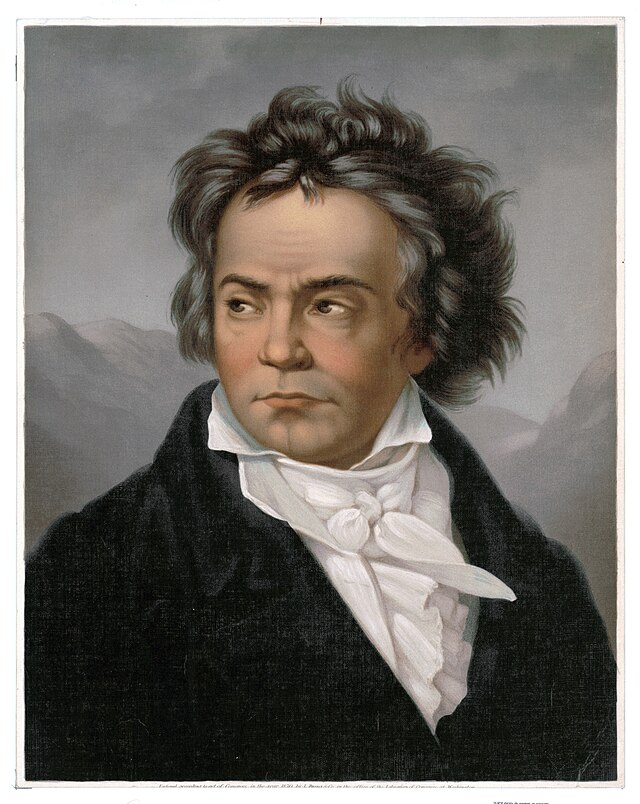
Melodies Born in Silence
Beethoven’s later years were wrapped in silence.
The hearing loss that began in his twenties left him almost completely deaf by his fifties.
He relied on conversation notebooks to communicate. Though students and patrons remained near, his temper strained relationships. Even his beloved nephew Karl fell into conflict with him.
He never married, never had children. But he never let go of music.
In 1824, he unveiled Symphony No. 9. It transcended personal love denied him, turning his solitude and anguish into an ode to universal brotherhood.
The man defeated by love embraced the entire world in music.
On March 26, 1827, at the age of 56, Beethoven passed away.
Only a few friends and pupils stood by his bed. Outside, a storm raged, lightning flashing at the window. Bathed in light and shadow, the “Immortal of Music” breathed his last.
Three days later, nearly 20,000 people gathered at his funeral.
Though his final years were cloaked in loneliness, the city mourned as one. The vast crowd testified to how deeply his character and music had touched human hearts.
What was Beethoven’s View on Love?
Looking back, Beethoven sought love ceaselessly.
He fell for many women with all his fiery intensity, and almost always lost them.
For him, love was less a source of happiness than of trial and solitude. Yet he could not abandon it.
Had he found a lifelong partner, perhaps the joy of the Ninth Symphony would have been gentler, and the world would know different music.
But because he pursued love in solitude, his music transcended time and reached the hearts of all humanity.
And so, one cannot help but feel that Beethoven’s entire life itself was a single, unending love letter.
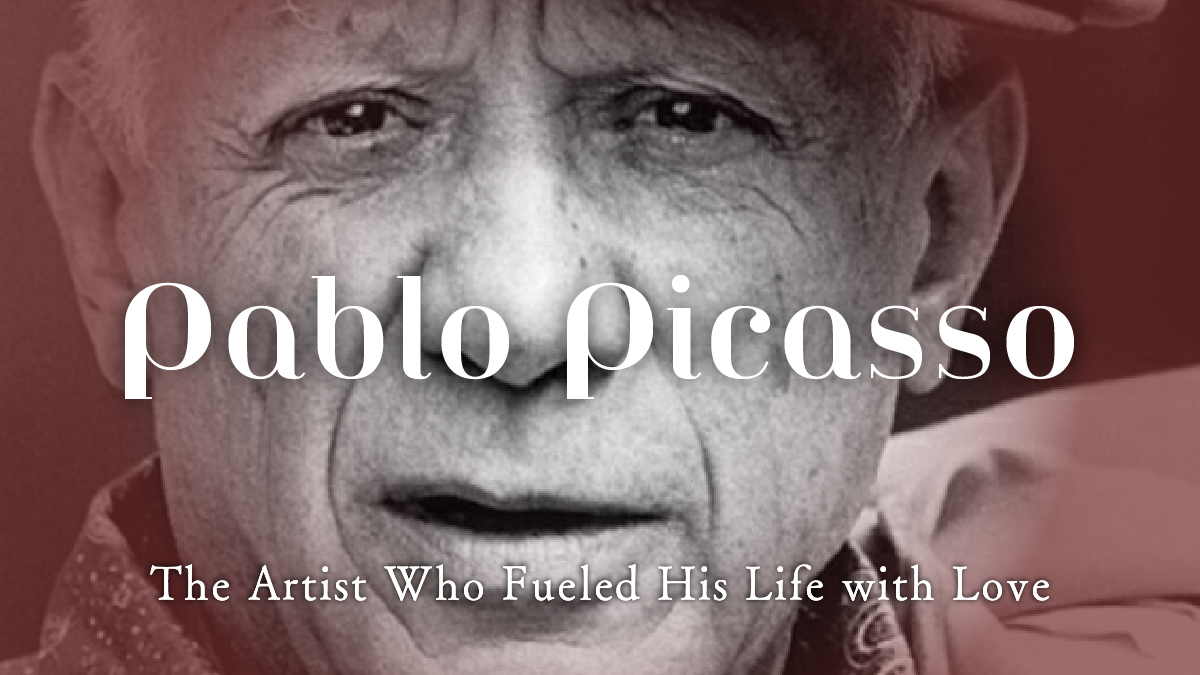
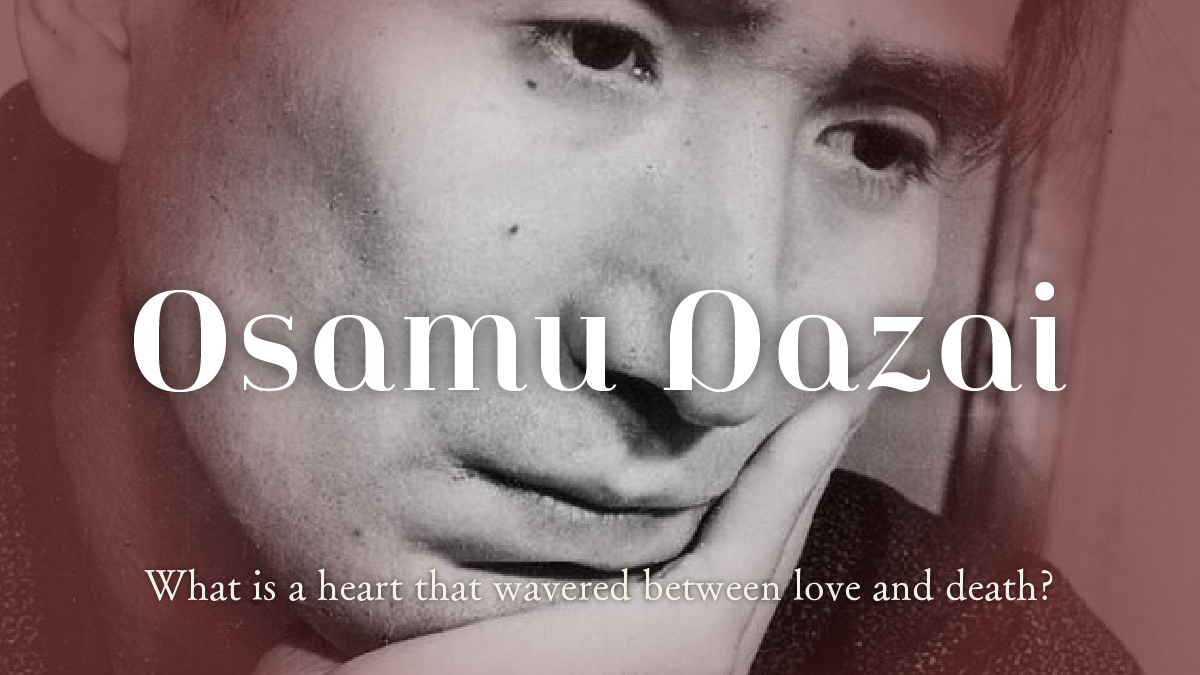


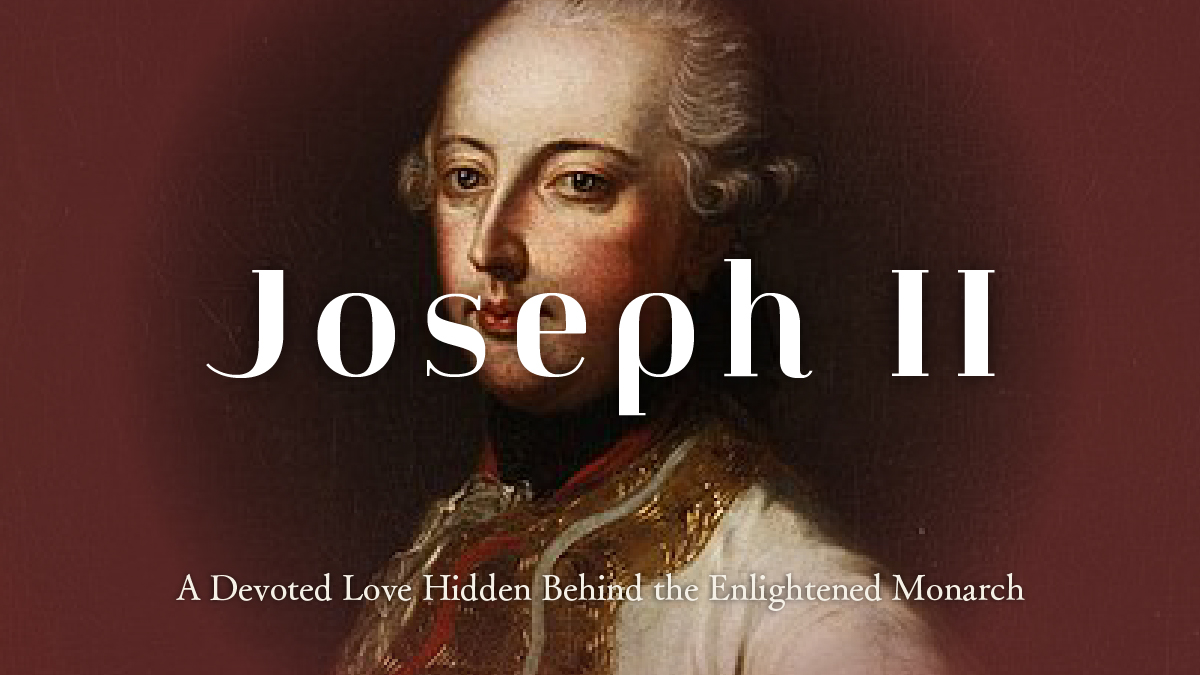
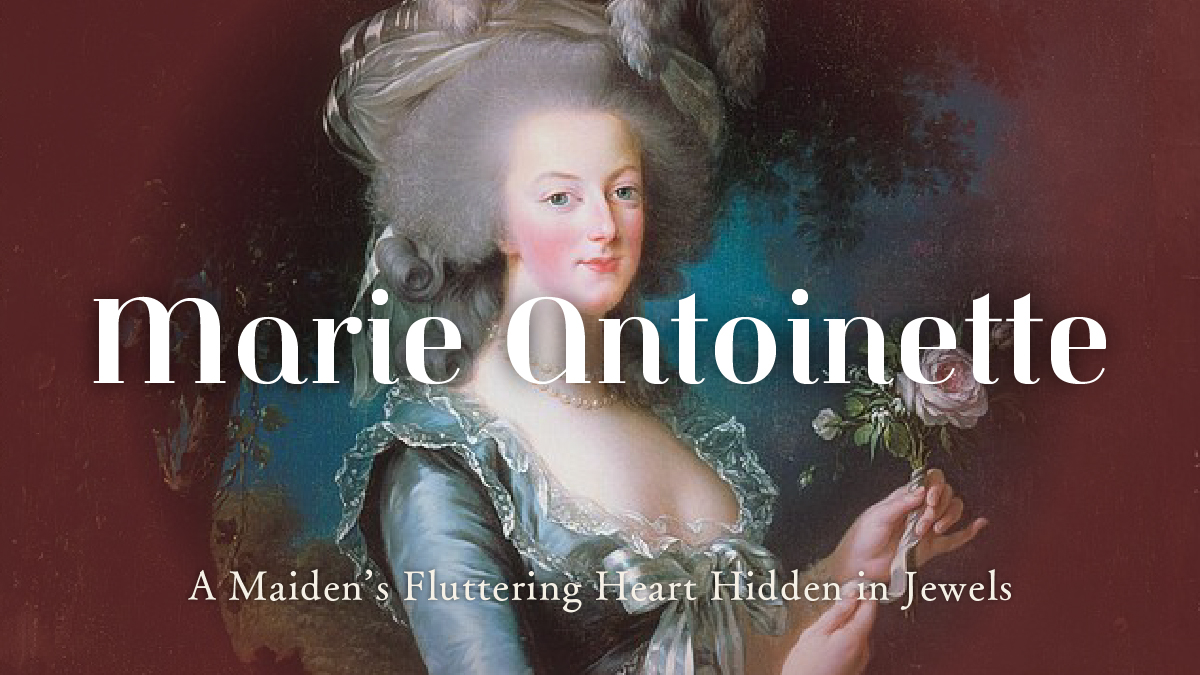


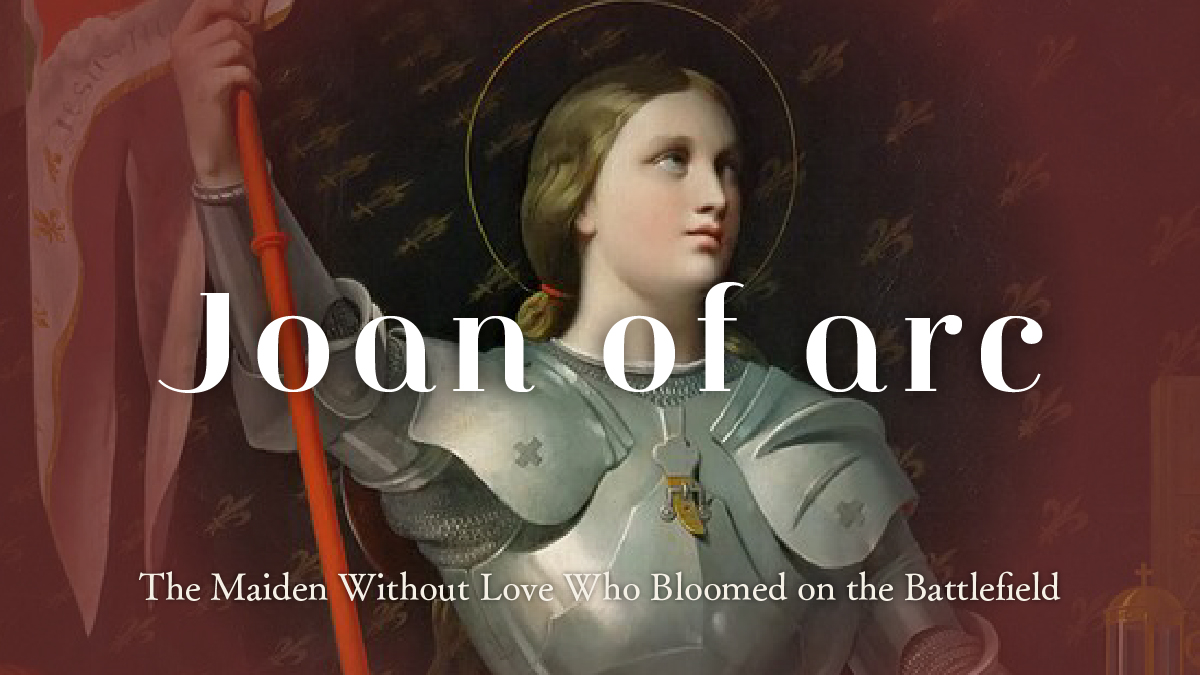
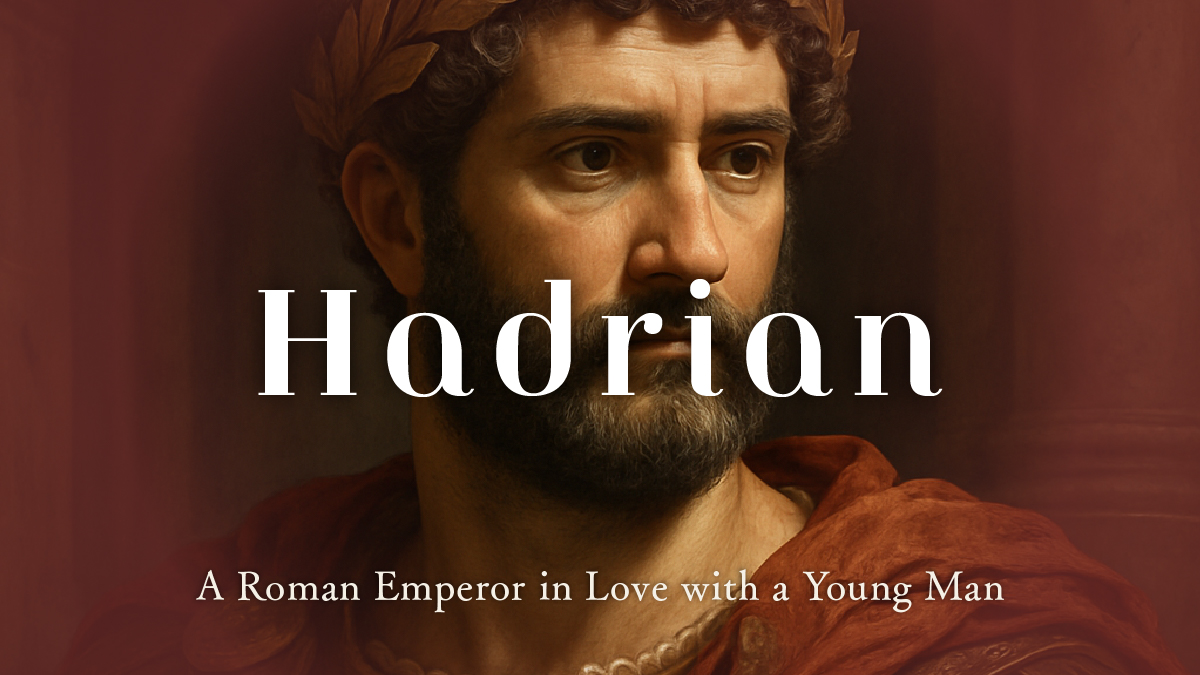

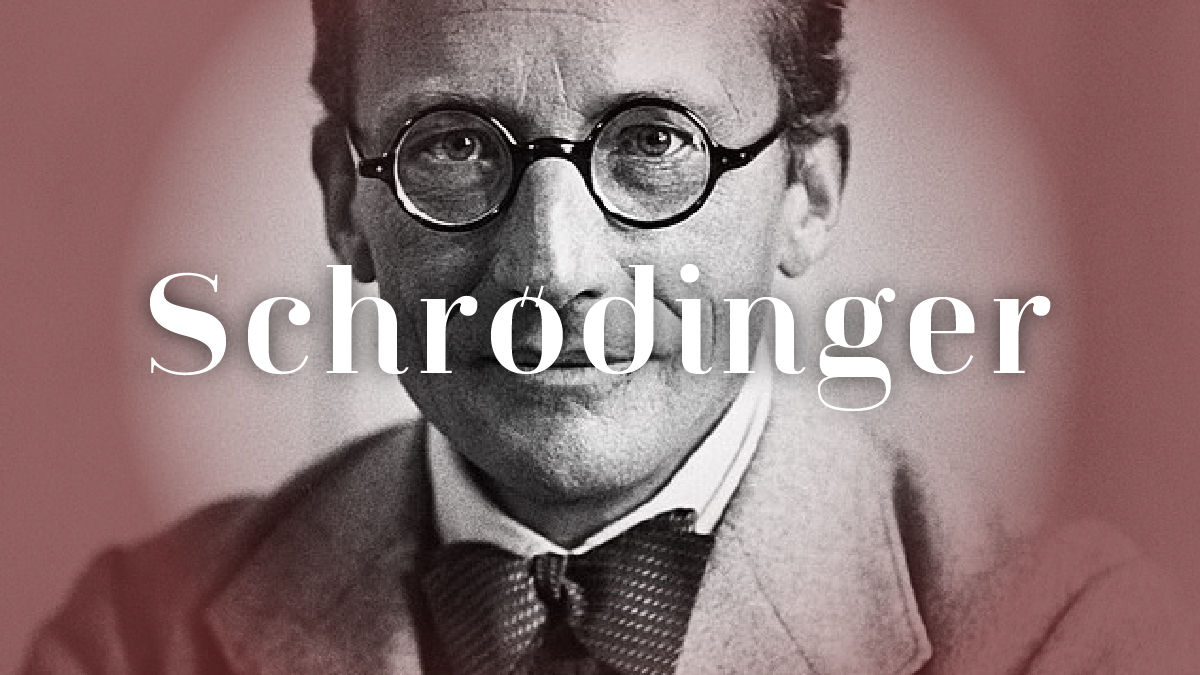

 日本語
日本語
